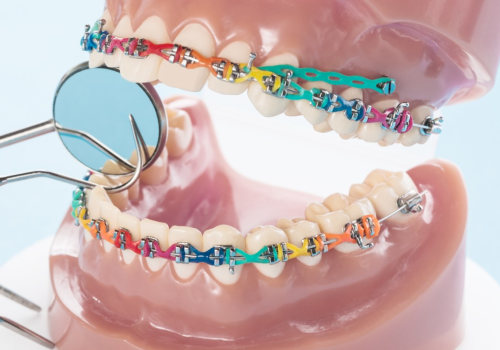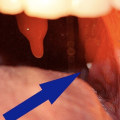Dentists are trained to provide conventional endodontic treatment, which involves the use of small manual files to extract the infected pulp from inside the tooth. Endodontists specialize in dental pulp treatments, performing an average of 25 endodontic treatments a week, while general dentists typically perform two. Endodontists don't place fillings or clean teeth, but instead focus on diagnosing and treating tooth pain. They are experts in finding the cause of oral and facial pain that has been difficult to diagnose. Many people mistakenly believe that having a crown on a tooth means that the tooth will eventually need a root canal.
However, crowns don't cause the need for root canal therapy. If a crowned tooth requires endodontics, it could be that the tooth has an abscess or that the decay has penetrated below the crown and reached the pulp of the tooth. Dentists across Canada routinely perform successful root canal treatment. A dentist who has received advanced training in endodontic therapy is called an endodontist, and your dentist may recommend one for more complex cases. Root canal treatment remains, for many patients, the only viable option for retaining a tooth that has been severely damaged or infected.
If endodontics is delayed for too long, the bacterial infection can spread to other areas of the mouth, putting the patient at risk of serious dental problems and other medical conditions. The infection can cause something called a tooth abscess, which is a pus-filled sac that requires immediate medical attention. Left untreated, dental abscesses can cause serious complications, such as a stroke, heart attack, or life-threatening sepsis. Most general dentists are more than capable of performing root canal procedures; however, they may not have the experience or equipment to recognize when the task at hand is beyond their capabilities. It is necessary to consult a dentist before treatment to determine if you are suitable for endodontic therapy and the GentleWave procedure. Endodontists have two or three more years of additional education than general dentists and routinely perform root canals; they are highly trained to perform those and other procedures related to the inside of teeth. The fact that your own dentist does your job has the advantage that the treatment will be done by someone you already know in an office you are familiar with.
Root canals give dentists the opportunity to save natural teeth and better preserve patients' natural smiles. The Canadian Dental Association (CDA) and Canadian Academy of Endodontics (CAE) warn that misinformation about root canal treatment is circulating in the public domain. Endodontics is a specialty of dentistry that deals with treating dental pulp or nerve of teeth. If you restore your tooth correctly, maintain good oral hygiene, and visit your dentist for regular checkups, your natural tooth could last your lifetime. If fear of the dentist prevents you from getting proper treatment, ask your dentist about dental sedation.






